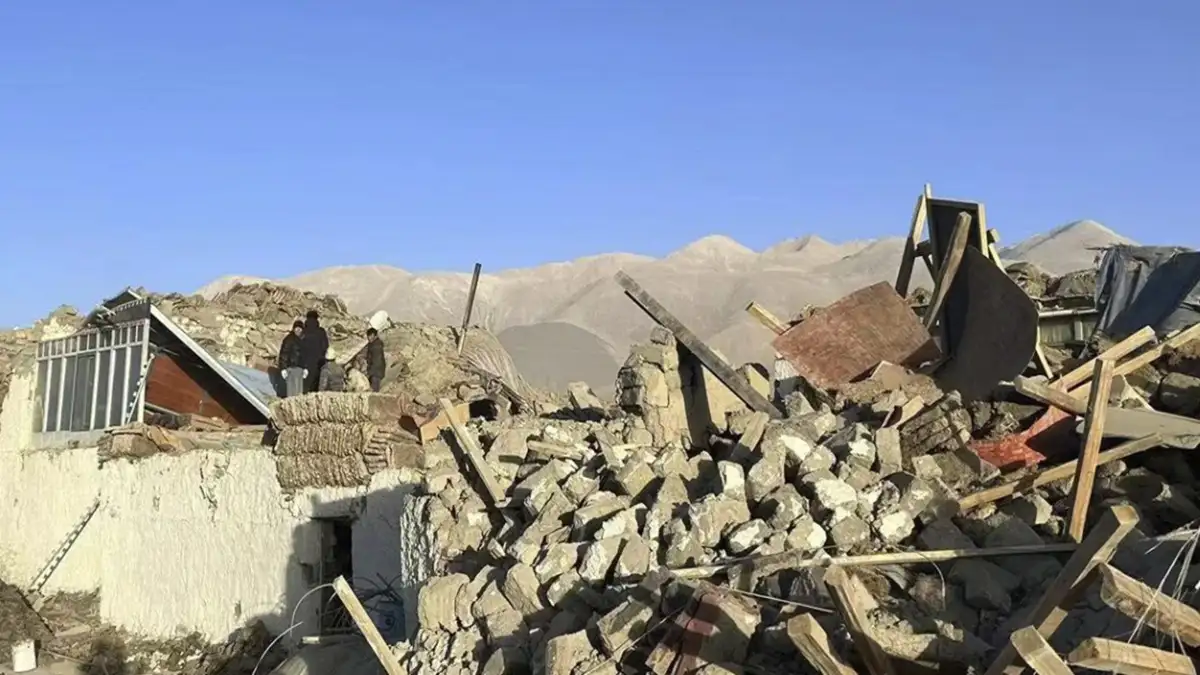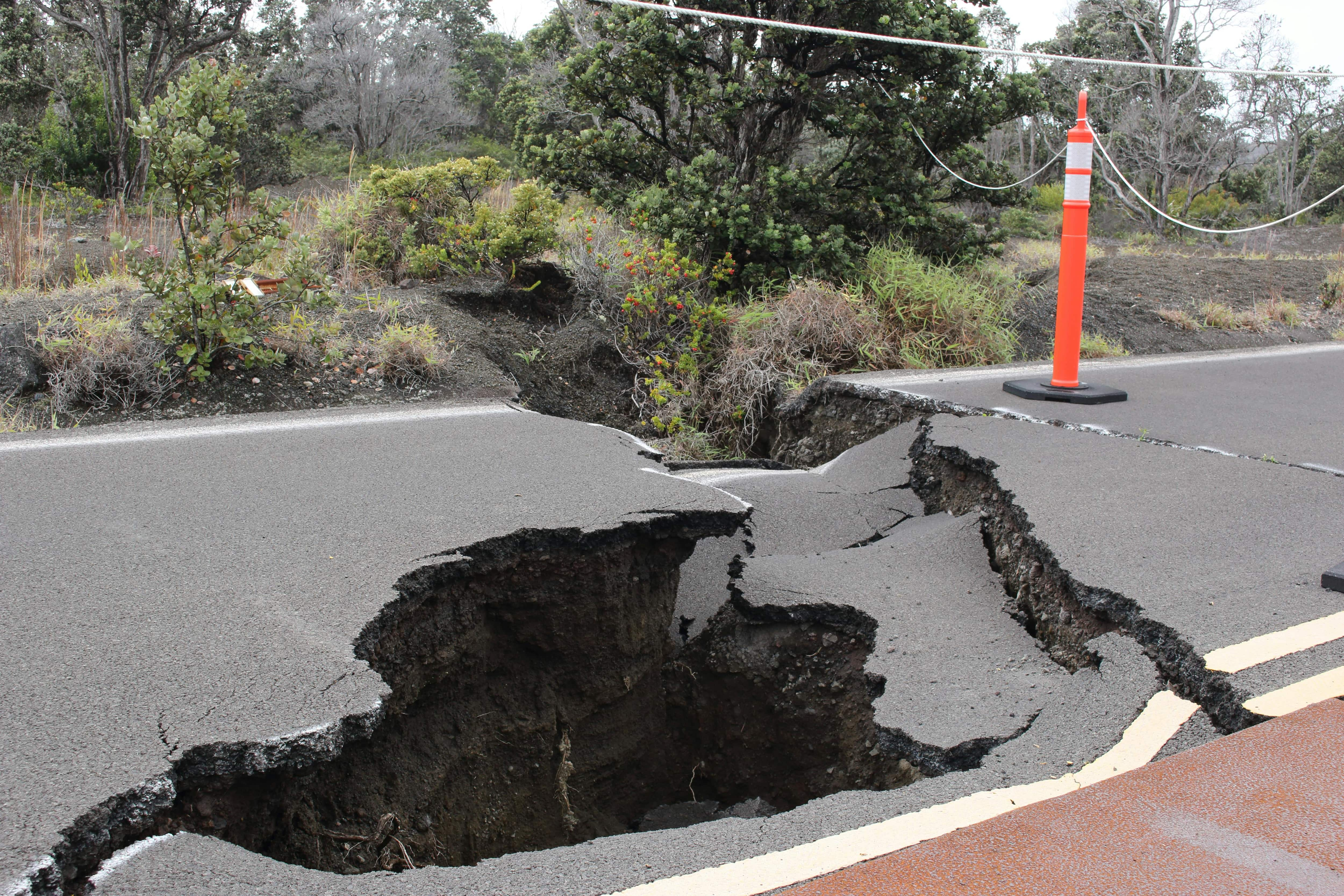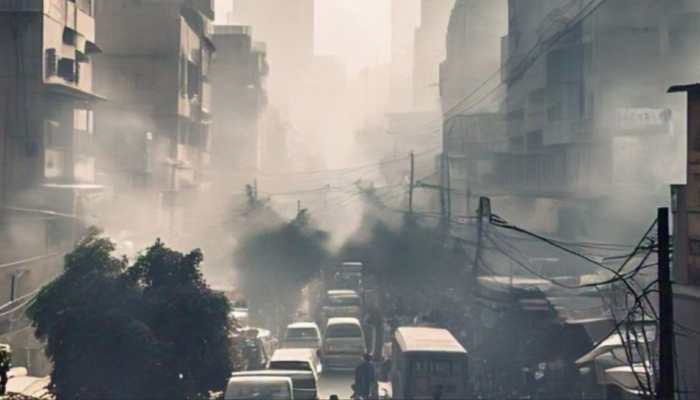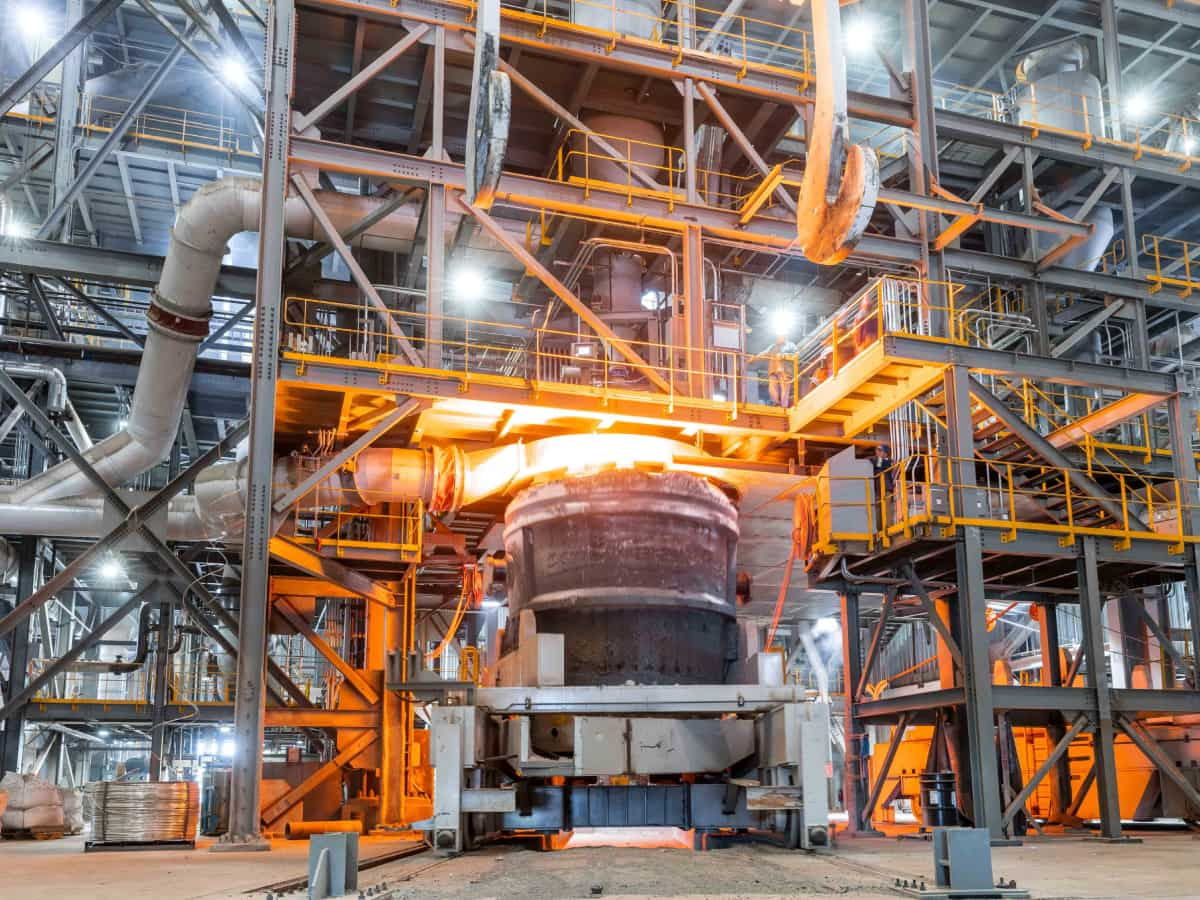Islamabad: Islamabad experienced its most polluted month on record in December 2024, with air quality deteriorating to hazardous levels. The Air Quality Index (AQI) reached 250 on December 22, making the air unhealthy for residents and raising concerns over the city's growing environmental challenges, according to a report by Dawn. The rise in air pollution has been attributed to rapid urbanization, increasing vehicular emissions, and industrial activities. Dawn cited data from the Islamabad Excise and Taxation Department, which revealed that over a million vehicles have been registered in the city over the past decade, while an additional half a million enter daily. These vehicles, along with construction activities and emissions from industrial units, contribute significantly to particulate matter (PM2.5) levels, identified as the primary pollutant. Director of Labs at the National Environmental Quality Standards (NEQS), Zaigham Abbas, highlighted the role of brick kilns and steel manufacturing units near the city as key contributors to air pollution. While cleaner technologies like zigzag kilns and dry scrubbers have been introduced, their overall impact remains limited. The worsening air quality has led to an increase in health issues. According to Dawn, Ziaul Haq, a senior pulmonologist at the Pakistan Institute of Medical Sciences (PIMS), reported a rise in respiratory ailments, particularly during the winter months. He advised residents to take precautions such as wearing masks and limiting outdoor activities during high-pollution periods, especially for vulnerable groups. Despite measures such as banning smoke-emitting vehicles and imposing fines on violators, the authorities have struggled to curb pollution levels. Construction projects, unregulated housing developments, and vehicular emissions continue to exacerbate the issue. Environmental experts have called for comprehensive solutions. Ejaz Ahmed, Senior Programme Fellow at the Institute of Urbanism, emphasized the need for sustainable urban planning and improved public transportation systems to reduce reliance on private vehicles. Data from the Pakistan Environmental Protection Agency (Pak-EPA) showed that December had five "very unhealthy" days, while November recorded two. PM2.5 levels consistently exceeded permissible limits, although other pollutants remained within acceptable ranges. The rising pollution levels highlight the urgent need for coordinated efforts to improve Islamabad's air quality and mitigate the health risks posed to its residents. None
Popular Tags:
Share This Post:

What’s New
Spotlight
Today’s Hot
Featured News
Latest From This Week
Canada PM Justin Trudeau announces resignation amid mounting dissent inside party
NEWS
- by Sarkai Info
- January 6, 2025
Nippon, US Steel file suit after Biden administration blocks $15 billion deal
WORLD
- by Sarkai Info
- January 6, 2025
Subscribe To Our Newsletter
No spam, notifications only about new products, updates.





























